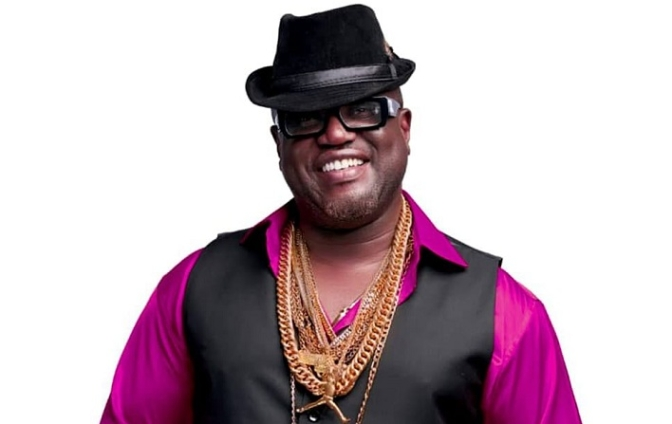Mikki Osei Berko, a celebrated figure in the Ghanaian entertainment industry, has issued a fervent call for government intervention to establish a comprehensive policy framework aimed at regulating and bolstering the creative arts sector. He argues that such a framework is crucial for the industry to operate efficiently, reach its full potential, and contribute significantly to the national economy. Berko’s appeal underscores a long-standing concern that Ghana has historically prioritized natural resources like cocoa and gold, neglecting the immense economic and social power of the creative industries. He highlights the tourism sector, the nation’s second-largest revenue generator, as a prime example of the economic potential inherent in arts and culture, emphasizing the symbiotic relationship between the two. His argument posits that a robust creative arts sector can drive tourism, thereby boosting national income and creating numerous job opportunities.
Berko’s advocacy for policy reform stems from a deep understanding of the industry, gleaned from his decades-long experience navigating its complexities. His journey, from participating in school drama and poetry competitions to becoming a household name through his iconic portrayal of Mr. Richard in the popular TV series “Taxi Driver,” offers a unique perspective on the sector’s evolution and its untapped potential. His brief foray into music, marked by the release of his reggae album “Kokonsa,” further demonstrates his versatility and commitment to artistic expression. This personal journey, coupled with his observations of the industry’s challenges, fuels his conviction that a structured approach is essential for its sustainable growth and development. He believes that a robust policy framework will not only benefit individual artists but will also contribute to the broader national development agenda.
The veteran actor’s argument extends beyond the purely economic, encompassing the social and health benefits of a thriving creative arts sector. He contends that prioritizing the arts can significantly contribute to public well-being by mitigating health issues such as hypertension, depression, and anxiety. This holistic approach, linking artistic expression with improved mental and physical health, adds another dimension to his argument for government support. He envisions a society where the arts are not merely a source of entertainment but also a vital tool for promoting overall wellness. His advocacy, therefore, transcends the realm of economic development and delves into the broader social impact of a vibrant creative landscape.
Berko’s call for reform is not an isolated incident but rather a continuation of his ongoing efforts to raise awareness about the challenges facing the creative industry. He has previously expressed concerns about declining standards in broadcasting, journalism, and filmmaking, attributing these issues to a lack of professionalism and inadequate training institutions. This critique highlights the need for structured training programs and professional development initiatives to equip creatives with the necessary skills and knowledge to excel in the industry. He envisions a future where Ghanaian creatives are not only recognized nationally but also compete effectively on the global stage, contributing to the country’s international reputation and soft power.
Central to Berko’s argument is the urgent need for structured policies and institutions designed to prepare aspiring creatives for the demands of the industry. He stresses the importance of robust training programs, professional development opportunities, and a regulatory framework that protects the rights and interests of artists. This comprehensive approach, he believes, will not only elevate the quality of artistic output but also create a sustainable ecosystem where creatives can thrive and contribute meaningfully to the national economy. He emphasizes the need for collaboration between government, industry stakeholders, and educational institutions to develop and implement these vital initiatives.
This call for a structured creative arts framework has garnered support from various entertainment analysts, including James Clarke and Nana Kweku Duah, who echo Berko’s sentiments about the sector’s untapped potential. They emphasize the crucial role of the creative arts in promoting Ghana’s cultural identity and driving economic growth. Their contributions to the discussion reinforce the growing consensus that a comprehensive policy framework is not just desirable but essential for the long-term sustainability and prosperity of the Ghanaian creative arts industry. This collective call for action signifies a turning point in the sector’s evolution, signaling a move towards a more structured, professional, and globally competitive industry.














